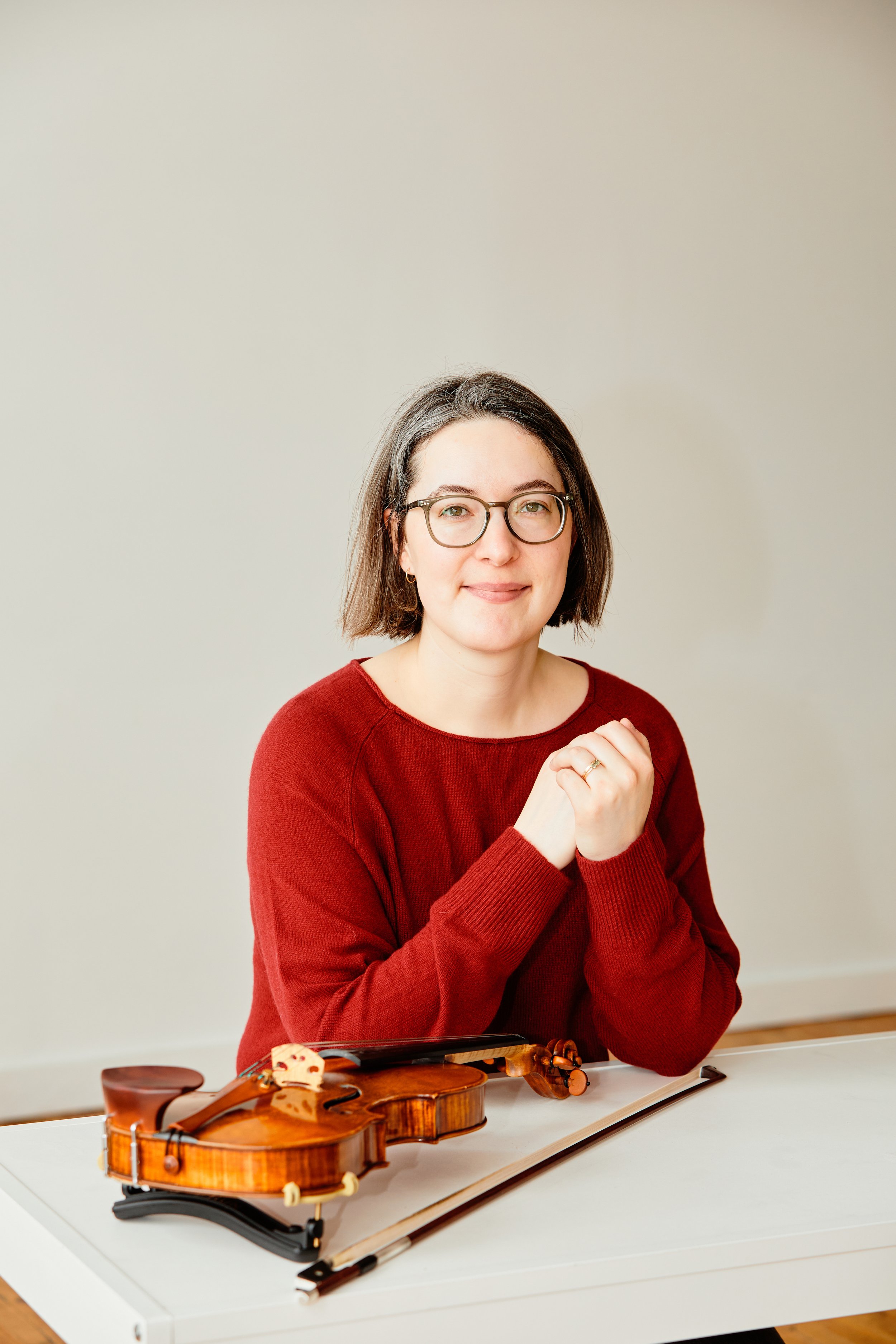Practice + Listening + Time (or, Slow Magic)
Occasionally I’ll get the feeling that a student or parent thinks I’m holding out on them—that I’m not letting them in on a secret I know about the violin, or that I have some kind of magic wand I’m choosing not to use (I don’t, and I would definitely use it if I did!). There is no shortcut to learning an instrument; there is only practice, listening, and time. How you* combine those three things, though, can make a little magic. In fact, the following are the closest I’ve got to magical solutions:
1. Listen to music a LOT (take the amount you think you should be listening and double it!). Listen to all kinds of music, but especially to the music you are currently learning to play:
Listen to your Suzuki recording everyday, ideally multiple times a day. Suzuki called his method the ‘Mother Tongue Method’ because he modeled it on how students learn to speak their native language. Imagine attempting to become fluent in a language without knowing how any of the words are pronounced…that’s what learning an instrument without listening is like.
Listening to the music you are currently learning is absolutely essential, but you should to listen to lots of other music as well! Students absorb so much information about harmony, phrasing, and musical structure when they listen to music consistently. They become musical, which is to say they develop an instinct for the basic tools of musical expression. Musicality is very complex to teach, but a great deal of it can be learned essentially subconsciously by regularly listening to a wide range of music.
2. Practice consistently (one good or bad practice cannot make or break you; being in the habit of practicing every day means that you continually return to the work at hand, and that is how you make progress)
Making practice a consistent part of your life is not easy—it might actually feel like the opposite of magic—but it is how you create fertile ground for any magic you might encounter along the way to flourish. I know it’s a little annoying to say that we learn to play an instrument by playing that instrument, but there is simply no replacement for consistent practice.
Practice is a commitment; often the true scope of what we accomplish in practice can only be understood in terms of months and years, not days and weeks. Consistency is key to making the long-term nature of practice feel manageable, which in turn makes the process work as smoothly as possible.
I hope it’s clear that practicing + listening + time is the magic, it is the secret. It’s slow-working magic, to be sure (and pretty lousy as far as secrets go—so obvious, not even a little bit shocking!), but it is the alchemy by which we convert knowledge into skill. A good teacher can impart a lot of knowledge: they can tell you what to listen to, what to practice and how to practice it, how much to listen and practice, even how to create a listening and practicing schedule. But they can’t actually listen or practice for you. As with any creative endeavor, your work makes the magic.
* “you” refers throughout to either the child-parent pair who practice together (applicable to younger students) or to just the student if they are listening and practicing independently (typically students over the age of 10, although nearly all students still need support from parents to schedule their listening/practice, even if the parent isn’t actively involved in the nuts and bolts of the listening/practice itself). The role of parent(s) or other supportive adults in practice time is a great thing to discuss with a teacher in a trial lesson!






